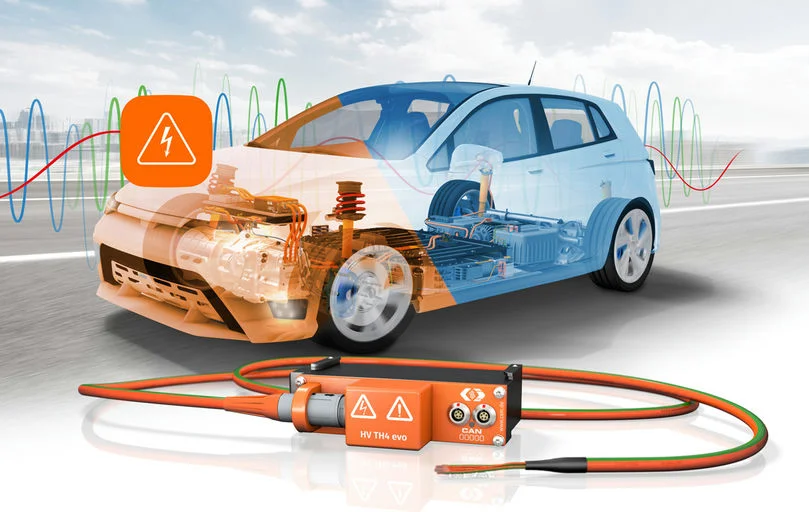Course Info: High Voltage and Safety
This course, categorized under E-Mobility, is a critical training program designed to equip professionals with the knowledge and skills necessary to safely work with high-voltage systems in electric vehicles. It covers everything from fundamental electrical concepts to specific safety protocols, hazard identification, and emergency procedures.
Course Content:
The course is divided into five modules, each featuring video lessons, supplementary materials, and a quiz to ensure a thorough understanding of the subject matter:
-
Introduction to High Voltage: This module covers basic electricity concepts, an introduction to electric vehicles (EVs), and a detailed look at the high-voltage architectures used in EVs.
-
Safety Fundamentals: Learn to identify and mitigate various risks, including electrical, thermal, mechanical, and chemical hazards. This section also addresses specific safety risks in battery production.
-
HV Labeling and Recommendations: Focus on the critical importance of high-voltage labeling and an overview of recommended practices for working with high-voltage components.
-
Safety Equipment & Protocols: This module provides an in-depth guide to personal protective equipment (PPE), proper safety equipment, and the necessary testing and emergency protocols.
-
Safety Features in EVs: Explore the various safety features and systems that are integrated into electric vehicles to protect both users and technicians.
Upon completion of this course, you will:
-
Possess a strong understanding of high-voltage systems and electrical hazards in EVs.
-
Be able to identify and assess thermal, mechanical, and chemical risks.
-
Be knowledgeable about correct labeling practices and recommended safety procedures.
-
Understand the purpose and proper use of personal protective equipment (PPE) and safety equipment.
-
Be familiar with testing, emergency protocols, and the built-in safety features of electric vehicles.






